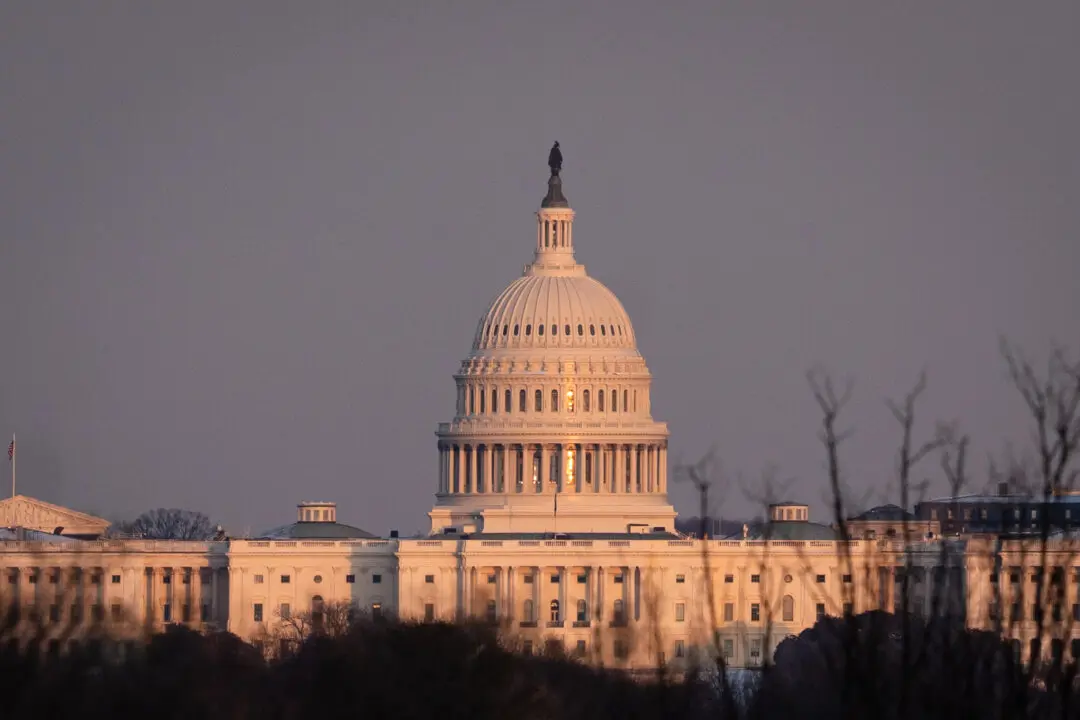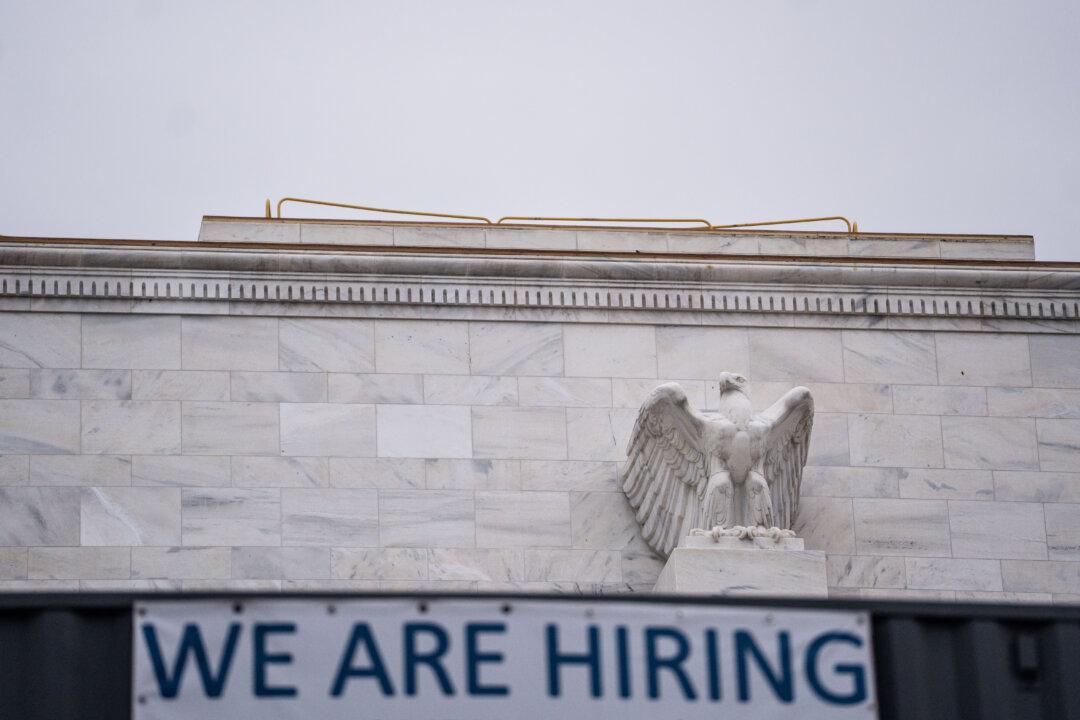In the most significant bipartisan response since the banking turmoil this past spring, the Senate Banking Committee advanced a bill that would claw back compensation from bank executives after their financial institutions fail.
The Recovering Executive Compensation from Unaccountable Practices (RECOUP) Act reins in the banking industry by imposing new fines for misconduct, restricting failed executives from working in the financial sector, forcing banks to enhance corporate governance, and introducing many regulatory requirements on federal regulators.





